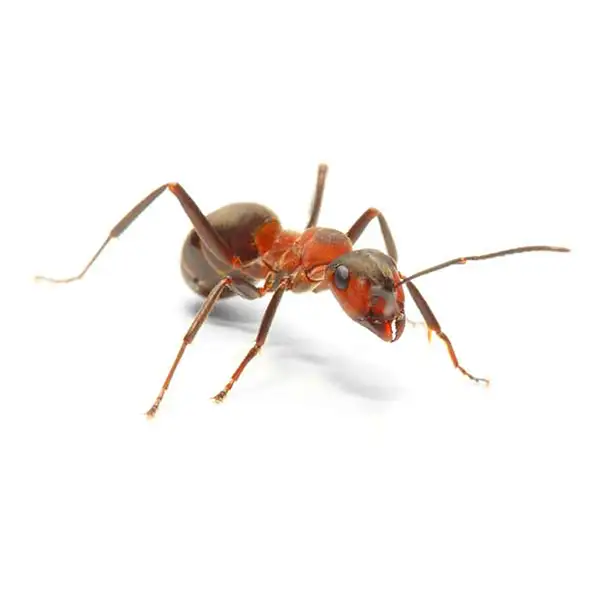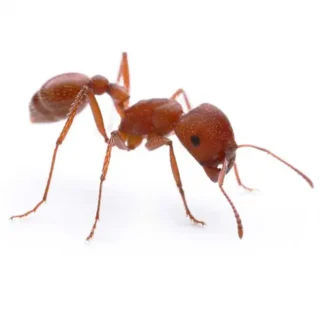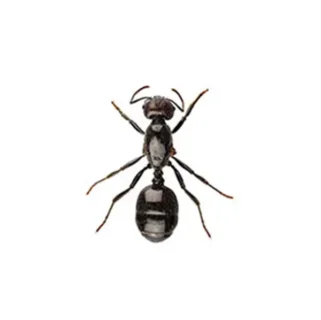Field Ants in Central Arkansas
Field ants are aptly named for their common choice of nesting in open spaces. They are prevalent throughout the Central Arkansas, constructing prominent mounds that can be found in lawns, parks, and playgrounds. These mounds, which can stretch up to three or four feet in width and rise to about two feet, disrupt the growth of grass and can be an eyesore in landscapes. Although these ants typically do not invade indoor spaces, they tend to build nests near structural foundations such as masonry walls and sidewalks, which can spoil the visual appeal of lawns and complicate landscaping maintenance.
Field Ant Habitat
Often referred to as “thatching ants” or “mound ants,” field ants create their nests from an array of natural materials including small twigs, grass stems, leaves, and pine needles. Their nesting sites are commonly found under shrubs, by rocks, around trees, near sidewalks, fences, and even alongside building foundations. Field ants do not typically seek food indoors; instead, they feed on a diet consisting of both live and dead insects and the honeydew produced by aphids.
Field Ant Behaviors, Threats, or Dangers
When disturbed, field ants can become quite aggressive; they will swarm and may bite an intruder. These bites, often painful due to some species’ ability to inject formic acid into the wound, are short-lived and generally harmless in the long run. The large mounds created by these ants can significantly detract from the aesthetic of manicured lawns, hinder lawn-mowing activities, and negatively impact the growth of garden vegetation and ornamental plants.
If a field ant infestation is suspected, it is best to consult a professional ant exterminator.
Need help with Field Ant control?
Need Pest Control Service?
Leave your information below and we’ll be in touch with a FREE quote!
"*" indicates required fields
*During normal business hours. After hours calls will be returned the next business day.




